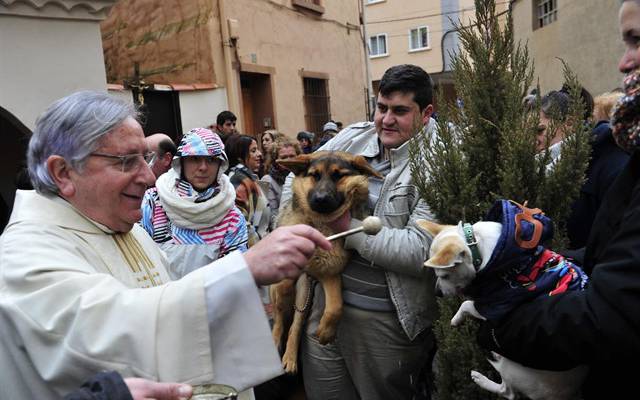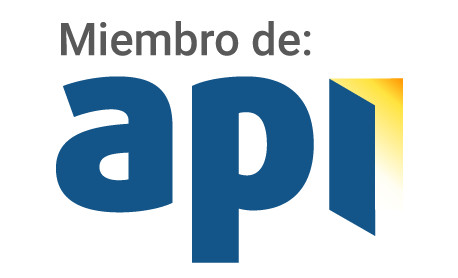News: Día de San Antonio Abad!

Día de San Antonio Abad
Holidays. We actually just left them behind us. Christmas and new year's eve. All of these days which we love to celebrate with our beloved ones and where a delicious dinner, drink and unwrapping presents are the most important matters. But what do these days actually mean?
Of course everybody knows that, for instance, we celebrate the birth of Jesus Christ on Christmas. But do we actually think about this on the day itself? Or would we rather question ourselves whether we have enough food and snacks to have a successful gourmet? A lot of people will probably worry about the second question, which is not a bad thing, though. However, on a personal level I find it a pity that we forget what such a day is all about.
These holidays are celebrated in Spain as well. But what is the actual difference between their festivities and ours?
First of all, celebration of these days is more intense. 'Three Kings', for example, almost doesn't exist anymore in the Netherlands. In Spain it's a big celebration where streets are blocked for all sorts of activities, where kids don't have to go to school and where in 2019 around 30 million 'Three Kings cakes' have been sold. Definitely worth the experience! And to be honest, it's always a good day for eating cake!
And then think about Easter. In the Netherlands it's limited to painting eggs and hiding them in the garden to make sure the kids are spending the whole afternoon looking for them. Just think about the fact that these eggs are hidden on the same spots every year because of a lack of creativity.
In Spain however, Easter is more important and is celebrated for a week where you can visit several parties and processions.
Second, there are more holidays in Spain compared to other countries.
On January 17th they celebrate the day of the animals, día de San Antonio Abad. This day is completely focused on San Antonio Abad, the patron saint of all animals.
San Antonio was born in Egypt in the year 251. He was part of a rich family, but decided on his twentieth birthday to give all his belongings to the poor and to live in poverty in the desert. The story goes that one day a hog with her babies came to Antonio. The babies couldn't see, they were blinded. Antonio made it possible to let them see again. From that moment on, the hog didn't leave Antonio and stayed with him to protect him from other animals.
This is how Antonio became the patron saint of all guardians of hogs, butchers, bread makers, pigs, pets and so on.
This joyful day, which traditionally is celebrated every year, is mainly celebrated in Catalonia and Valencia. The 'Tres Trombs' festivities are celebrated in which by animals pulled wagons make three rounds around the church, after the animals are blessed in or around the church. All owners of pets and/or animals have the possibility to let their animals get blessed during one of the organized rituals. All of this comes together with 'las hogueras': the bonfires.
Al lot of places in Spain have turned the 'fiestas de san Antonio Abad' into a festival which takes a week. You can think of Alicante, Calpe, Villena and Elche. The festivities usually start one week before January 17th. Every day there is a program which exists of processions, church rituals, eating, dancing, bonfires and theatre.
Do you want to experience this too?
Tomorrow, January 20th, is the last day of these fiestas where you, for instance in Elche, can join a church ritual.






